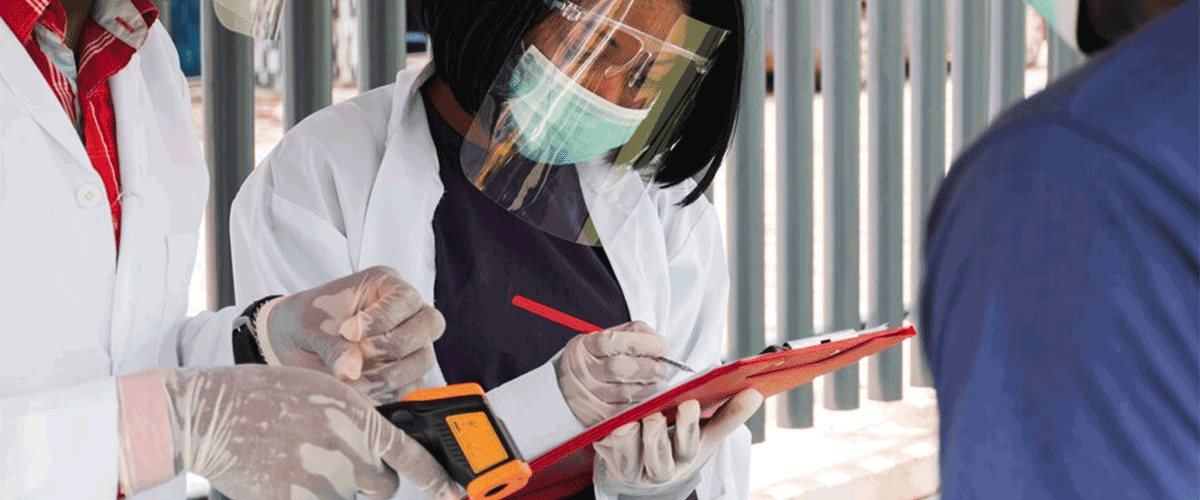(An Autonomous Body Recognized by Ministry of Commerce & Industry, Government of India)
Competency based placement focussed Education | Training | Research | Consultancy

Medical experts highlight India’s malaria-free status faces misdiagnosis, treatment delays & neglected urban infrastructure
India has made notable progress in reducing malaria, with cases dropping by nearly 80% from 2015 to 2023 and fatalities falling to just 83 in 2023. While the WHO has applauded India’s sustained efforts, medical experts caution that significant challenges remain. Misdiagnosis, delayed treatment, and urban infrastructure failures continue to threaten the country’s malaria elimination goals. Malaria symptoms often resemble other illnesses, leading to frequent errors in diagnosis. In rural areas, self-medication and delayed testing can result in severe complications, especially in Plasmodium falciparum cases, which can cause cerebral malaria if untreated. Urban centers, though better equipped, face rising malaria transmission due to poor sanitation and unplanned growth. Experts emphasize that medical solutions alone are insufficient; addressing malaria in cities requires coordinated civic planning and sustained public health action. Early diagnosis and integrated responses are crucial to prevent long-term health effects and achieve lasting malaria control.
04-05-2025
📰 Recent News
- 2026 Emerges as Turning Point for Non-Invasive Drug Delivery in Pharma and MedTech
- Technology Integration Transforms Medical Transportation for Chronic Care in India
- Technology-Driven Innovations Reshape India’s Eye Care Ecosystem
- Xortx Underscores Genetic Evidence for Xanthine Oxidase Targeting and Announces Board Update
- Strengthening Regional Healthcare: A Priority for India’s Future
- Cybersecurity as a Core Pillar of Modern Hospital Operations
- Indian Healthcare in 2026: Mental Wellbeing and Technology Take Centre Stage
- Early Action Critical to Prevent a Human Bird Flu Outbreak, Study Warns
- The Trump administration rolls back Biden-era health IT rules, including AI ‘model card’ requirements.
- Belgium Pledges €8 Million to WHO to Boost Global Access to Health Technologies
